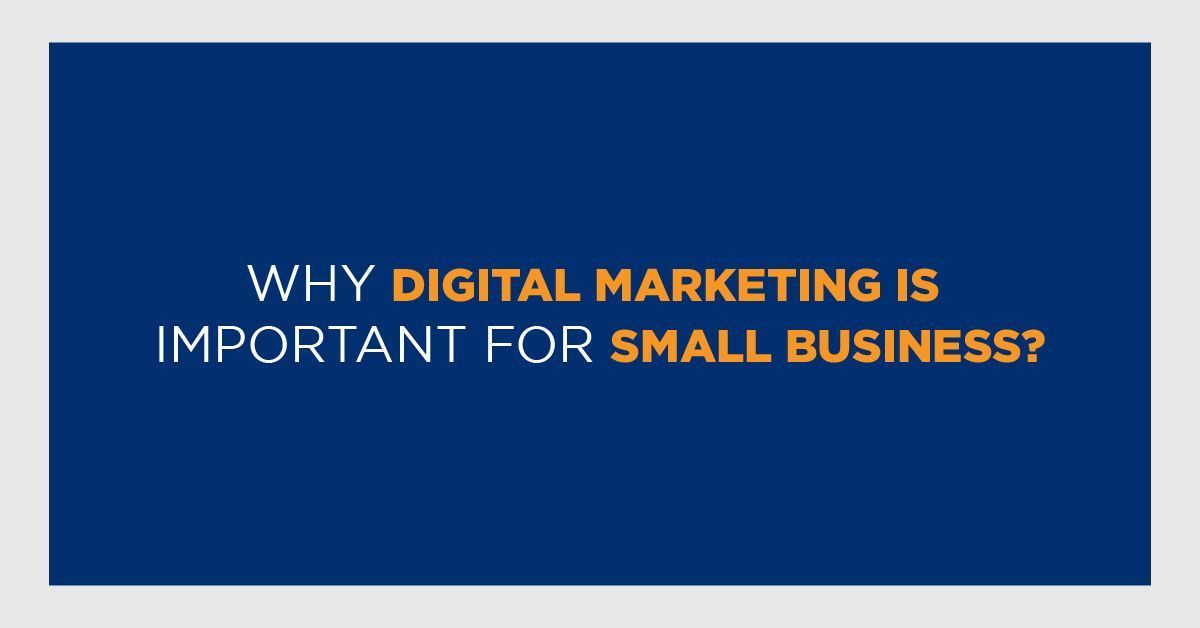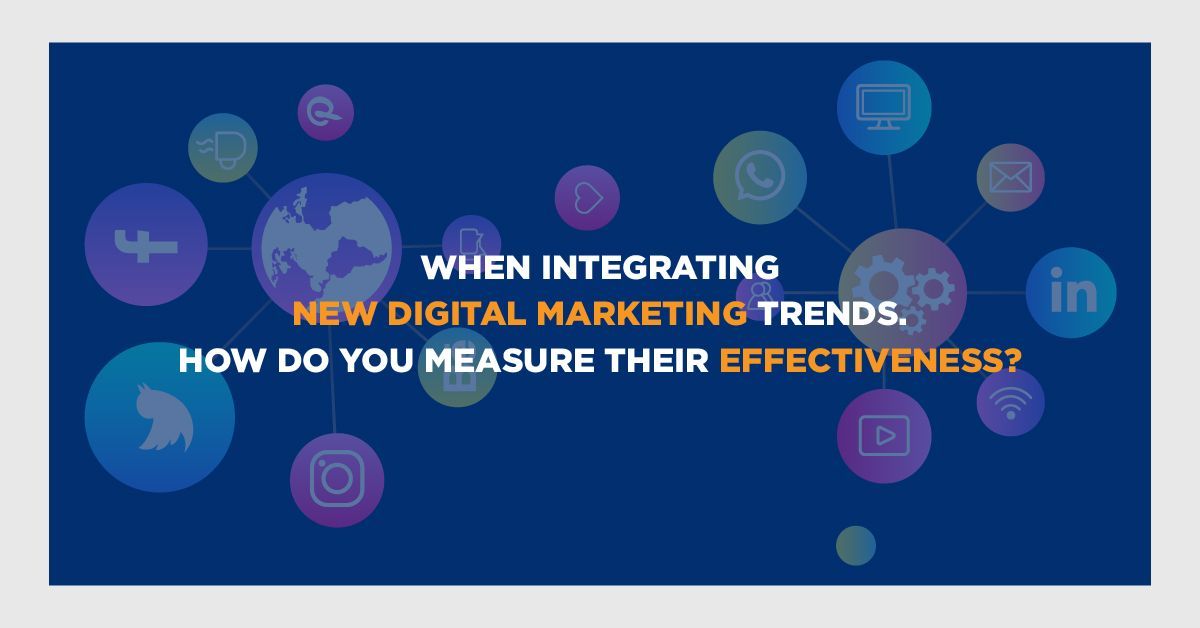Why Digital Marketing is Important for Small Business?
June 12, 2024

Why Digital Marketing is Important for Small Business ?
Digital marketing is vital for small businesses due to its ability to offer affordable, targeted, and measurable marketing solutions. Here’s a detailed explanation of why digital marketing is important for small businesses:
1. Cost-Effective Marketing
Traditional marketing methods such as print, television, or radio ads can be prohibitively expensive for small businesses. Digital marketing, on the other hand, offers cost-effective alternatives. Platforms like social media, search engines, and email marketing allow businesses to reach their audience without a significant financial outlay. Pay-per-click (PPC) advertising, for example, allows businesses to set their own budgets and only pay when their ad is clicked.
2. Targeted Reach
Digital marketing enables precise targeting, ensuring that marketing efforts are directed towards individuals who are most likely to be interested in the product or service. Tools such as Google Ads and Facebook Ads allow businesses to segment their audience based on demographics, interests, behavior, and location. This level of targeting increases the likelihood of converting leads into customers.
3. Measurable Results
One of the significant advantages of digital marketing is the ability to track and measure results. Analytics tools like Google Analytics, Facebook Insights, and email marketing software provide detailed metrics on campaign performance. Businesses can monitor website traffic, user behavior, conversion rates, and more. This data-driven approach allows small businesses to understand what works and what doesn’t, enabling them to refine their strategies for better results.
4. Enhanced Customer Engagement
Digital marketing facilitates direct communication with customers. Social media platforms, email newsletters, and blogs allow businesses to engage with their audience, respond to inquiries, and build relationships. This interaction fosters customer loyalty and trust. Moreover, personalized marketing efforts, such as tailored email campaigns, can further enhance customer engagement and retention.
5. Level Playing Field
Digital marketing provides small businesses with the tools to compete with larger companies. With a well-executed digital strategy, small businesses can achieve high visibility and attract customers globally. Online platforms do not discriminate based on the size of the business, allowing small enterprises to reach the same audience as larger competitors.
6. Improved Conversion Rates
Digital marketing allows for targeted marketing strategies that lead to higher conversion rates. By reaching customers who are already interested in their products or services, small businesses can achieve better returns on investment. Tools like retargeting ads help keep the brand in front of potential customers who have previously shown interest but have not yet converted.
7. Brand Awareness
Consistent online presence through search engine optimization (SEO), social media, and content marketing helps small businesses increase their brand visibility. Regularly updating a blog, engaging with followers on social media, and appearing in search engine results pages all contribute to building a recognizable brand. Increased brand awareness often leads to higher customer trust and loyalty.
8. Flexibility and Adaptability
Digital marketing campaigns can be quickly adjusted based on performance data. This flexibility allows small businesses to adapt to market changes, customer preferences, and emerging trends. Whether tweaking an ad campaign, updating content, or changing social media strategies, digital marketing enables businesses to stay agile and responsive.
Conclusion
In the digital age, small businesses cannot afford to ignore the benefits of digital marketing. It offers a cost-effective, targeted, and adaptable approach to reaching customers and growing the business. By leveraging digital marketing strategies, small businesses can enhance their visibility, engage with their audience, and compete with larger companies on a global scale.










